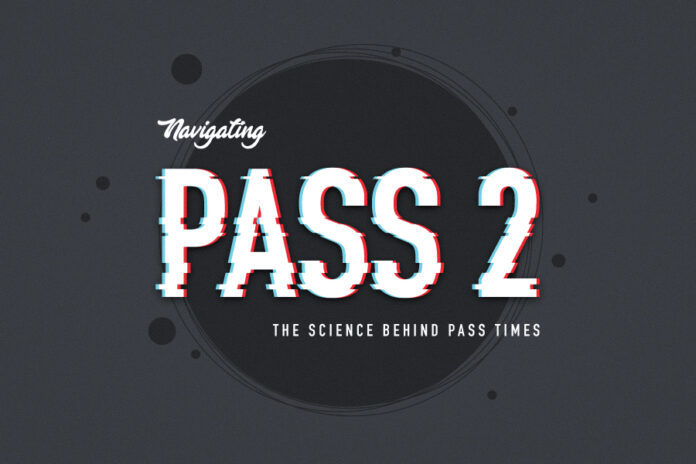Students discuss their thoughts on pass times
It’s week eight of Winter Quarter. Your pass time is at 6:30 a.m., and two days before this brief appointment there is only one spot available in the lecture you know you need. White-knuckling your phone with three tabs open to Schedule Builder, you try to sleep.
Scheduling and registering for courses for the upcoming quarter can be a source of stress for students, particularly those who worry about their pass times and not getting the courses they want. For undergraduate students, course registration is done via Schedule Builder, an online portal.
Students are given two pass appointments, which are the beginning of four-hour windows during which students can register for classes. Many students, however, believe that they are only thirty minutes long due to the way they are advertised.
Claire Lu, a fourth-year psychology and statistics double major, works in the Tercero Academic Advising Center as a peer advisor for the College of Letters and Science. She advises students on a broad range of academic topics including schedule planning and course registration.
“[Students ask] and also parents come to our office and ask, ‘Hey, my kid has a really late pass time and other people, like his roommate, have an earlier pass time than my kid. Why is that?’” Lu said.
When students or parents ask her questions about pass times, she generally refers them to the Office of the University Registrar because they know more than the peer advisors. Lu says that people don’t really ask her and the other peer advisors too many questions about pass times, mostly because they can’t be changed.
While some students like first-year psychology major Brandon Law utilize online tools such as MyDegree when trying to figure out quarterly coursework, some students like first-year psychology major Kelly Huang try to plan out four years worth of classes and go from there.
“It makes it easy to be flexible and to imagine how your year will end up looking like,” Huang said. “Like in case I get waitlisted or classes become unavailable.”
Huang says that to some extent, “it’s too irritating of a topic to even bother with” since students have no control over their pass time. Meanwhile, Law, who didn’t know exactly how pass times worked, considers that a good thing, because there’s no way to really change pass time (other than by the units taken). To him, that means pass times don’t contribute to a competitive environment at school.
Law once missed his pass time because he overslept and described the “intense anxiety” he attributed to the course registration process. Huang started a quarter later than most freshmen students and said that it was frustrating to not get certain classes that are required for her major. Because she started later, she didn’t attend orientation and was left to figure out scheduling on her own. However, she makes sure to reach out to get advice when she needs help.
“[I go to] academic advisors or the psychology department,” Huang said. “[Or] my high school teachers or past instructors, especially since they already have master’s degrees. I never trust asking just one advisor.”
According to the Office of the University Registrar’s website, “the two-pass registration system ensures that all students have access to the courses that are most critical to their curricula and attain full-time status and that access to registration is distributed fairly throughout the student body.”
Until their first Spring Quarter, newly admitted freshmen are assigned zero units and newly admitted transfer students are assigned 90 units. Pass times are based on priority groups — which are established according to UC Davis units, excluding the current term, transfer units, and units from exams.
There are two assigned pass appointments, each followed by open registration. Students can only add themselves to waitlists for classes during the second pass. After the first two passes and their respective open registrations, a registration freeze begins on the the day the student fee payment is due, and no students can register for classes. Students who have paid fees are registered, and those who haven’t are dropped.
According to associate registrar Patti Flynn, there are certain groups that receive priority registration.
“The following should cover most (if not all) of the groups currently receiving priority registration: Regents Scholarship recipients, University Honors Program (UHP) participants, student athletes, students identified by Student Disability Center, students who are veterans, foster youth students, Special Transitional Enrichment Program (STEP) students, resident advisors, TRiO Scholar recipients and Chem/Math Science Honors students,” Flynn said via email.
All three of the residence areas — Segundo, Tercero and Cuarto — offer academic advising centers with peer advisors and tutoring. Each of the colleges at UC Davis offers academic advising. Students can enroll in up to 17 units during Pass One, 19 units during Pass Two and 28.5 units during the schedule adjustment period after the registration freeze. However, that might be a lot to take on for any student.
Written by: Anjini Venugopal — features@theaggie.org




